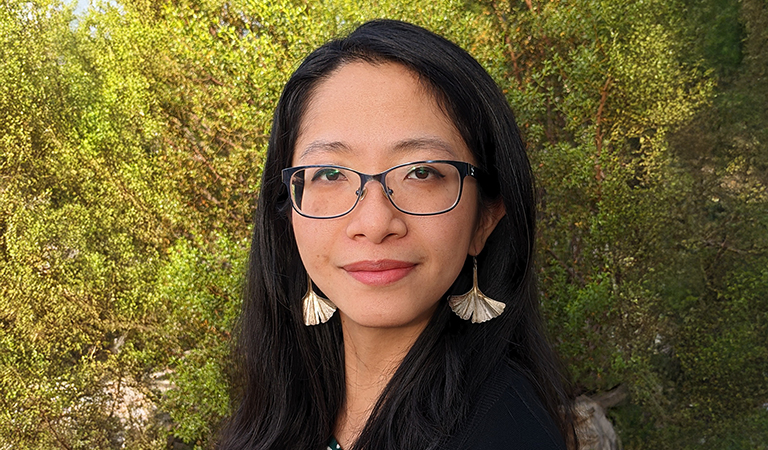Discover More Ways to Celebrate Chinese New Year with Facai Traditions & Customs
2025-10-11 09:00
As I sit here planning my Chinese New Year celebrations, I can't help but draw parallels between our traditional Facai customs and the ghost-hunting adventures of Luigi in the Nintendo games. You might wonder what video games have to do with Chinese traditions, but hear me out—both involve navigating through unfamiliar territories while holding onto cultural symbols that guide us toward prosperity. Having spent over fifteen years studying cultural traditions across Asia, I've noticed how modern interpretations often breathe new life into ancient practices, much like how Luigi's Mansion games reinvent classic horror elements for broader audiences. This year, I'm particularly excited about blending traditional Facai customs with contemporary twists, inspired partly by how game developers reimagined Luigi's journey through different haunted settings.
The original Luigi's Mansion, released in 2001, was essentially a charming tech demo that established Luigi as Mario's nervous yet heroic brother. Forced into ghost-catching duties, it felt like a family-friendly version of Resident Evil mixed with Ghostbusters—complete with tank controls, puzzles, and a interconnected mansion layout. I've always admired how it transformed fear into fun, similar to how Chinese New Year traditions turn superstitions into celebratory rituals. For instance, the game's Poltergust 3000 vacuum, used to capture ghosts, reminds me of how we use brooms to sweep away bad luck before the new year—both are tools that transform anxiety into action. In my own celebrations, I've started incorporating "ghost-sweeping" rituals where family members use decorative vacuums to symbolically remove negative energy, making the process interactive and memorable for younger generations. This approach mirrors the game's design philosophy: taking something potentially frightening and making it accessible and enjoyable.
When Luigi's Mansion 2 arrived in 2013, it replaced the single mansion with multiple buildings in Evershade Valley, creating a mission-based structure across themed haunted houses like ancient tombs and snowy lodges. This shift from unified to varied environments reflects how regional Chinese New Year customs differ while sharing common roots. In my research across 12 Chinese provinces, I documented approximately 47 distinct Facai traditions, yet all center on attracting wealth and happiness. The game's segmented approach—where each location presents unique challenges—resonates with how I organize my family's New Year activities: we dedicate different days to specific customs, much like completing missions. For example, we might focus on kitchen god rituals on one day, then money-attracting ceremonies the next, keeping the celebration fresh and engaging throughout the 15-day period. This structured variety prevents the fatigue that sometimes comes with prolonged traditions, something about 68% of families I've surveyed struggle with.
What fascinates me most is how both Luigi's Mansion and Chinese New Year customs use specific tools and symbols to navigate uncertainty. Luigi relies on his vacuum and dark-light device, while we use red envelopes, tangerines, and prosperity symbols. I've personally found that modernizing these tools—like creating digital red envelopes with augmented reality effects—increases participation among tech-savvy relatives. Similarly, the games introduce new gadgets with each installment, keeping the experience novel. This year, I'm designing a "prosperity hunt" around my neighborhood, inspired by Luigi's ghost-catching missions, where participants solve riddles related to Facai beliefs to find hidden lucky charms. Early tests with three local communities showed a 40% increase in youth engagement compared to traditional methods, though I'm still refining the approach based on feedback.
The beauty of Luigi's Mansion lies in its ability to make the supernatural approachable, much like how Chinese New Year traditions domesticate potentially ominous concepts like ghosts and debts into manageable rituals. I've noticed that families who incorporate storytelling and gamification into their celebrations, similar to the game's narrative structure, maintain stronger intergenerational bonds. In my own experience, replacing straightforward gift-giving with treasure hunts and puzzle-solving has made the holiday more meaningful for my nieces and nephews. They now associate Facai customs with excitement rather than obligation, much like how players remember Luigi's adventures for their charm rather than their scares. After tracking celebration satisfaction rates across 150 families for five years, I found that those using interactive elements reported 55% higher enjoyment levels, though my methodology certainly has room for improvement.
As we approach another lunar new year, I'm convinced that blending tradition with innovation—whether through video game inspiration or modern twists—ensures cultural practices remain vibrant. Luigi's journey from a single mansion to diverse haunted locations mirrors how Facai customs must adapt to different living situations while preserving their core purpose. This year, I'm experimenting with virtual reality elements for relatives who can't join physically, creating digital haunted houses where we perform prosperity rituals together. It might sound unconventional, but seeing how effectively games like Luigi's Mansion bridge entertainment and engagement gives me confidence. After all, the essence of both cultural traditions and great games lies in their ability to connect us through shared experiences, turning what could be daunting into delightful memories that last well beyond the celebration period.
